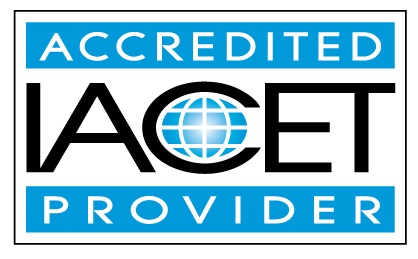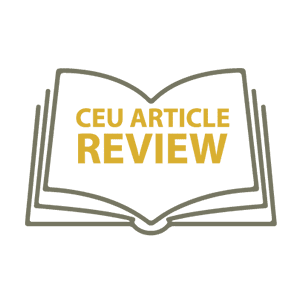Description
The 24-hour posture care management approach encompasses all the postural orientations available to the individual, namely lying, sitting, and standing over the 24-hour period of a day. The approach makes use of equipment, and postural programs over the entire 24-hour period to support the individual. In the complex rehabilitation industry, significant focus is placed on positioning an individual in a seating system and, if appropriate, a standing system. An area often neglected is positioning in lying. There is a strong link between lying and sitting postures, and it is counter-productive to provide no support for an individual with complex needs during the hours which are spent outside of the wheelchair-based seating system. Posture management in lying is often referred to as ‘night-time positioning’ and ‘sleep positioning’. The use of equipment such as sleep-positioning systems has largely been associated with children who have complex positioning needs such as those with cerebral palsy (CP) who present on the Gross Motor Functional Classification Scale (GMFCS) at levels lV to V. Evidence supporting the use of sleep-positioning systems is gaining traction. In the United Kingdom (U.K.), this intervention and approach has evolved greatly and, consequently, has been included in policy, decision-making, and practice.
Learning Outcomes:
1. Name the 3 postural orientations addressed by the 24-hour posture care management approach.
2. List the secondary complications for posture over the 24-hour period, when the lying positioning is not addressed.
3. Identify the risk factors involved with sleep positioning and sleep positioning systems.
Lee Ann Hoffman is an Occupational Therapist and is passionate about the 24-hour posture management approach. She has international experience, working with individuals who have complex rehabilitations needs, in several different healthcare settings. She obtained a Post graduate certificate in posture management for complex disabilities and a Master’s of Science Degree in Rehabilitation: posture management.


